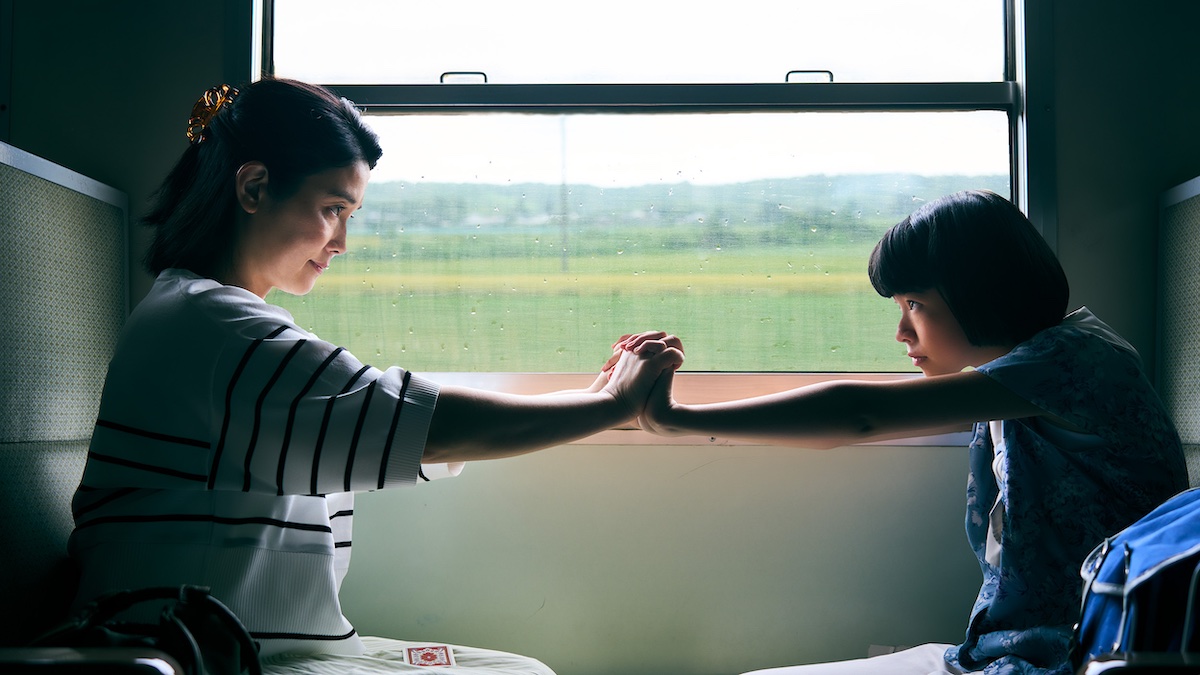‘Renoir’ Review: Quiet Japanese Drama Looks at Death Through a Young Girl’s Eyes
Cannes 2025: You could call Chie Hayakawa’s understated second feature a coming-of-age film, except that its lead character doesn’t really learn anything The post ‘Renoir’ Review: Quiet Japanese Drama Looks at Death Through a Young Girl’s Eyes appeared first on TheWrap.

The announcement that a film called “Renoir” would be screening at this year’s Cannes Film Festival was not necessarily cause for rejoicing among those who don’t look beyond the titles of the selected films. A film of the same name, a biopic of the final days of the celebrated French artist, played in Cannes in 2012, and it wasn’t particularly good – and since then, most of the Cannes movies about famous European artists (it’s a veritable genre on the Croisette) have been underwhelming at best.
It’s a good thing, then, that the new “Renoir” has nothing to do with the old Renoir. Instead, it’s the story of a young girl directed by Japanese filmmaker Chie Hayakawa, whose previous Cannes title was the provocative, futuristic drama “Plan 75.” That film, Hayakawa’s feature debut, premiered in Cannes’ Un Certain Regard section and became the Japanese entry in the Best International Feature Film category at the Oscars for 2022; its followup, which is dramatically different in tone and subject, marks her first entry into Cannes’ main competition, a relative rarity for a director’s second feature.
Loosely based on the director’s own memories, “Renoir” is a coming-of-age story that doesn’t care much about lessons learned or milestones reached. Instead, it meanders for its two-hour running time, filled with lyrical moments that are belied by grim undercurrents. In fact, the film undercuts the very idea of a coming-of-age movie in its first sequence, in which its main character, an 11-year-old girl who attends a fifth grade in a school in the suburbs outside Tokyo in the 1980s, is strangled and killed in her sleep.
“I didn’t really feel like I was dead,” the girl, Fuki, says in an unemotional voiceover accompanying footage of her funeral. “But when I saw everyone looking sad, I was sad, too.”
But that voiceover turns out to come not from beyond the grave but from the classroom, where she’s reading an essay she’s written inspired by a nightmare she had. “When I woke up, I was glad it was a dream,” she says – though that’s not the last time the film will venture into the realm of fantasy, with Fuki’s vivid imagination calling into question some of her onscreen adventures.
As depicted by the remarkable young actress Yoi Suzuki, Fuki is clearly a smart and talented girl, albeit one whose essays tend to have titles like “I’d Like to Be an Orphan” and who idly leafs through photo books of starving African children and watches a video of crying babies. Youth and mortality dance together uneasily throughout the film, with Fuki ‘s father in the hospital in the final stages of his battle with cancer and her mother under fire at work for being too demanding and abusive to her underlings. (She’s also dismissive of the headmaster who frets about the morbid subject matter of Fuki’s writings, snapping in the car on the way home from a parent-teacher conference, “It’s just a damn essay.”)
Fuki is also fascinated by a brutish-looking American doing mentalism tricks on TV, and she tries to learn them herself with her father and friends. But this is an episodic, rambling account of the girl’s summer, not one where individual decisions come together and pay off. In a prime example of the disconnect in the film’s rambling structure, a sequence in which Fuki appears to be saved from a would-be child predator only because the man’s mother comes home from a trip a week early is disturbing both in what happens and in how it’s never mentioned again. Then again, maybe there’s wiggle room in a film that mixes the character’s experiences with her imaginings.
Even in the darkest moments, Hayakawa approaches the material with restraint and a measure of grace. And maybe that’s the way to handle one summer in a child’s life – not as a time of revelation, but as a coming-of-age story in which the themes and the breakthroughs don’t become evident until years later.
Then again, can the label “coming-of-age story” be slapped on a narrative in which the protagonist doesn’t really change? Fuki doesn’t come of age as much as she gets a couple of months older and remains no more or less wise she was to begin with. Time goes by, and Fuki stubbornly and quietly remains Fuki — which is to say, she remains the kind of person who might grow up to make a movie as stubborn and quiet as “Renoir.”
The post ‘Renoir’ Review: Quiet Japanese Drama Looks at Death Through a Young Girl’s Eyes appeared first on TheWrap.


















































































